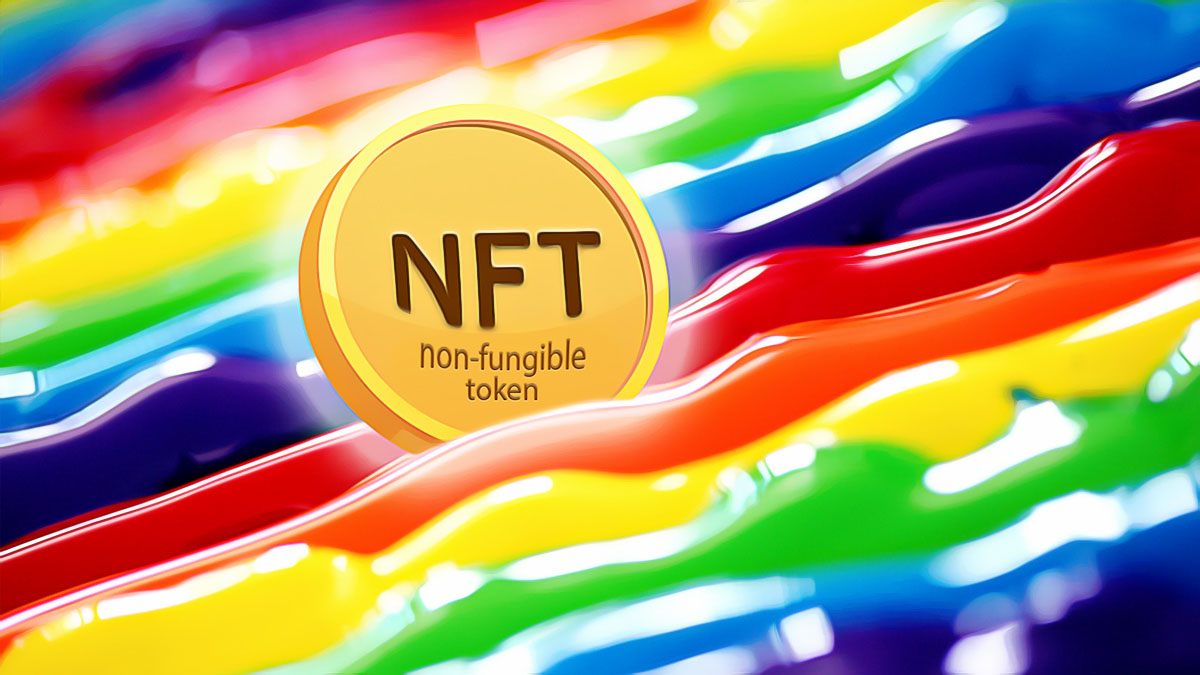In 2023, NFTs remained an integral part of the Web3 ecosystem, with community members actively engaging across various domains, generating over $1.5 billion in collective sales volume in the top 10 blockchain networks for NFTs in the last 30 days alone. Despite regular obituaries penned by critics, users in the space continue to demonstrate the market’s vitality.
The Bitcoin Ordinals revolution was introduced by software engineer Casey Rodarmor, who launched the protocol on the Bitcoin mainnet, enabling NFT collections on the network. This innovation stores asset content directly on the blockchain, protecting Bitcoin NFTs from data loss and blank images. The emergence of a new use case for Bitcoin sparked debates among investors regarding its place in the ecosystem.
Bitcoin’s network outperformed Solana in monthly sales volume in May due to Ordinals transactions. By December, Bitcoin’s network surpassed Ethereum‘s by recording over $744 million in sales within 30 days, becoming the top-selling network for that period.
The NFT space also witnessed its first encounter with U.S. regulators when the SEC accused Los Angeles-based entertainment company Impact Theory of selling unregistered securities through its NFT collection, Founder’s Keys. The SEC alleged that the company promoted NFTs as investments, thus classifying them as securities, and issued a cease-and-desist order.
Opposition arose against the SEC’s pressure on NFTs, with SEC Commissioners Hester Peirce and Mark Uyeda disputing the claims that the company and buyer statements constituted promises of an investment contract.
Copyright struggles in NFT sales also surfaced as artists and creators sought to capitalize on royalties encoded in smart contracts. However, the introduction of optional royalty models by NFT marketplaces in 2022 posed a risk to creators’ potential earnings. In 2023, the effects of this trend became apparent, with research revealing significant royalty losses for Web3 content producers, particularly from leading collections by Yuga Labs. Despite not citing these losses as a reason, Yuga Labs downsized its workforce in October, aiming to refocus on core objectives with a leaner team.
While some marketplaces have adopted optional royalty models, others like Rarible have taken significant steps to support artists and ensure they receive royalties by launching a test network with embedded royalty fees on the Ethereum Virtual Machine.













